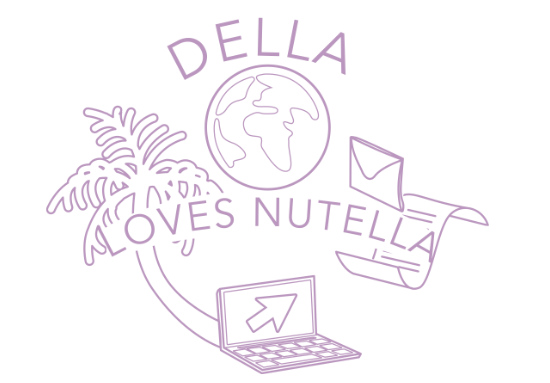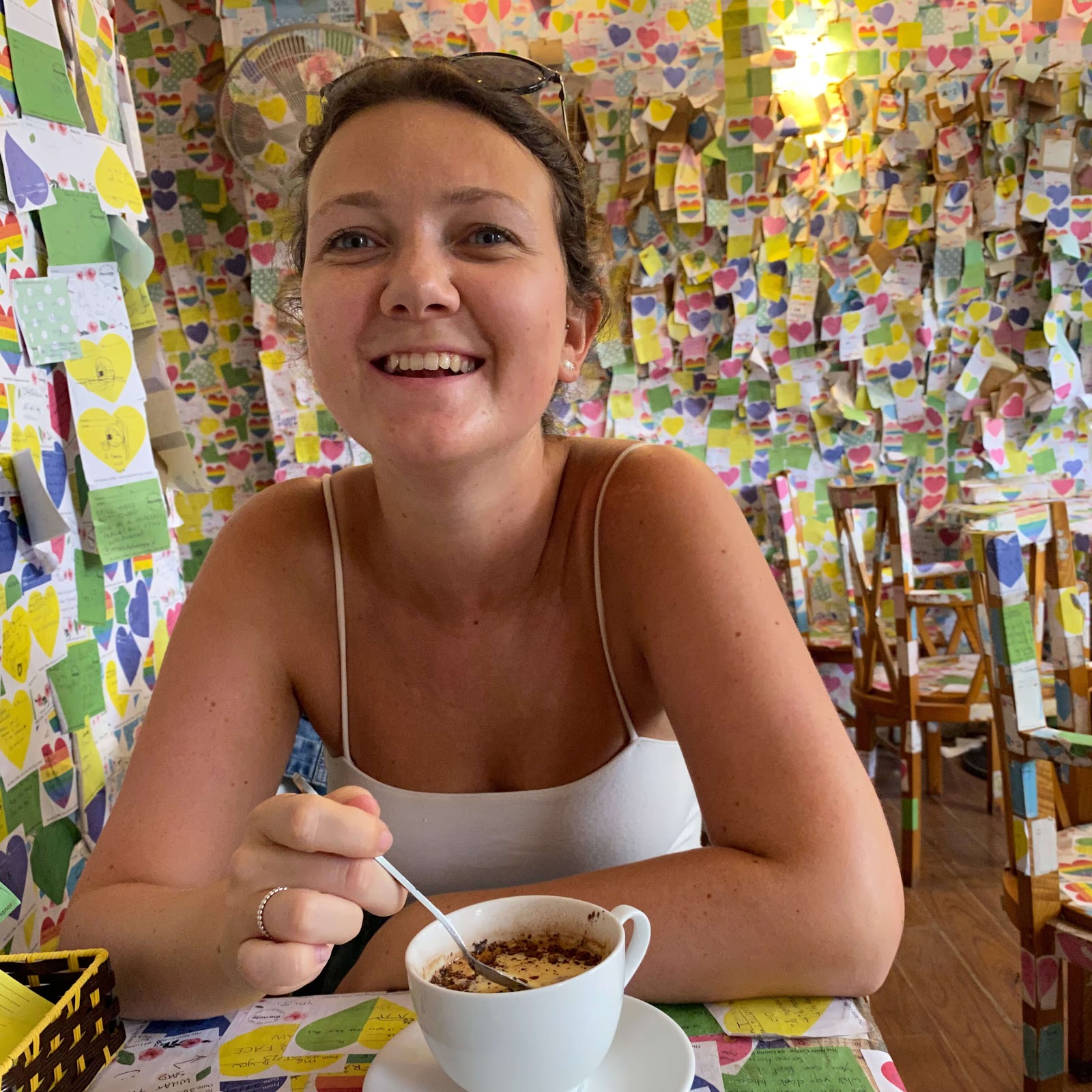Well hello to you my reader chums! As a newbie to travelling Switzerland in June, I learned a fair few things I wasn't aware of and wanted to share them with you. The countryside in Switzerland was out-of-this-world and I can't believe the scenery of the lakes and mountainous backdrops - it's like a fairytale dream. Between adventuring around the lake towns in Switzerland, I adored learning more about the country.
If you're new to visiting Switzerland or considering a trip there, here are all the things to know before you plan a trip to Switzerland.
Switzerland is expensive
Probably the number one tip to be aware of is how expensive Switzerland is. I was pretty aware of this before I got there but many prices did blow my mind when we arrived. Our accommodation was a lot more than we paid in other European countries, dinners out were pricey and overall everything costs a little extra, including attractions. For example, a funicular up Mount Niesen cost us around £50 each (completely worth it though). My advice is to keep eating out to a minimum, for example, go to the local supermarkets for lunch bits and snacks throughout the day if you're on a budget. We mainly ate out for dinner and bought our breakfasts from local bakeries.
You'll probably want to set your daily budget a little higher than you would the rest of Europe. We budgeted £350 each for 5 days in Switzerland and ended up spending around £400 each by being very careful when it came to food options, getting around and the attractions we did. For example, the beauty of staying in the lake towns is many things can be free, such as walks around the lake and hiking trails.
Different regions in Switzerland speak language variations
Something I wish I was more prepared for was the different languages in each region. The four languages across Switzerland include French, Italian, German and Romansh. In Spiez, Brienz and Zurich, those regions were mainly German-speaking, yet especially in Zurich many spoke in English or would use common Italian/French greeting words when addressing you. Depending on where you travel in Switzerland, be wary of which language they speak so you can learn some common phrases.
Switzerland uses Swiss Francs
The currency used in Switzerland is the Swiss Francs. We found you could use cash or a card for most places, there weren't any limitations on that. I always use my Post Office travel card when abroad as I can load the specific currency onto the card.
You have to pay for tap water in restaurants
This came as a bit of a shock to me. But sitting down in the first restaurant and realising it'll cost us £10 for bottled water, we asked for tap because it's safe to drink across the country. Each restaurant decides how much they charge for tap water, some charge the equivalent of £2-3 each, whilst some don't charge at all. Make the most of the free water filling stations you see or fill your bottle up in your accommodation. Alternatively, bottled water isn't too expensive in supermarkets and if we couldn't fill our bottle up anywhere, we'd buy water there.
Pack for all weathers
We visited Switzerland in early June and I expected beautiful and warm sunny weather, however, that isn't too accurate. I found Switzerland was colder than expected in early summer but wasn't too cold. We had warm and sunny days, but there was the occasional rain shower, thunderstorm and even hailstorm during our 5-day stay. That was also in the mountainous locations and in Zurich, overall the weather is slightly sunnier but we visited on an overcast and slightly colder day. Due to all of this, prepare for all weather by packing a raincoat and appropriate footwear.
Consider a Swiss Pass
We didn't buy one of these passes as they are pretty expensive and we were only in the country for 5 days. However, if you are planning to stay in Switzerland for a few weeks or a month, exploring a lot of the country, the Swiss Pass can help you receive discounts on attractions, unlimited public transport on trains, buses and boats, and free access to many museums. It can also include certain mountain excursion admissions. As an example, the Swiss Pass costs 244 Swiss Francs for 3 days. Also in terms of discounts, sometimes, depending on your hotel, they may give you vouchers to receive a certain amount of some attractions.
Eat as much chocolate and cheese as possible
As the home for delicious Swiss chocolate and cheese, it's just a reminder to make sure you eat as much as possible. Zurich especially has plenty of Swiss chocolate shops, hot chocolate to try, and cheese-themed cafes to enjoy during your stay, such as Raclette Factory.
I hope you enjoyed this post. When are you planning to visit Switzerland?
Thank you for reading <3







No comments
Thank you for reading my blog! I hope you enjoyed this post and found it helpful in anyway. I'd love to hear any feedback you may have.